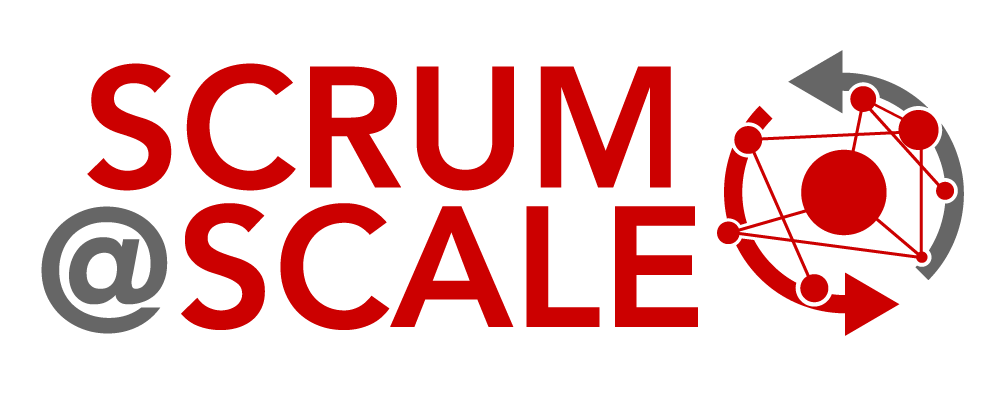Scrum@Scale Case Study
Changing Culture in Government: Grassroots to Leadership with Che Ho
In this Scrum@Scale case study, learn how Registered Scrum@Scale Trainer Che-Chuen Ho led a Government IT department to implement Scrum@Scale practices that increased stakeholder involvement, improved focus and speed to delivery. Despite previous failed attempts at implementation, Che overcame a lack of trust in the process and led the team to a 540% increase in throughput.
CASE STUDY SNAPSHOT
Organization: Anonymous
Organization Size: large
Industry: Government – Information Technology and Security
Topic: Release Planning
Date: 2021
Che’s LinkedIn: https://www.linkedin.com/in/chechuenho/
Website: humanizingcode.wordpress.com
Scrum@Scale Case Study Summary
This government IT department — 40 separate departments in reality — faced the challenge of truly implementing agile practices at scale. Two years before Che began working with the organization, they had attempted to implement Scrum training. Initially, the department ran smoothly, but with the advent of many mobile technologies and the new demands created by trying to serve the public better in a digital world, teams were overwhelmed and the 50 project teams were unable to meet the demand. They doubled their staff but saw little change in velocity or speed of delivery. The prevailing attitude was that the government was different from the private sector and could not implement agile, let alone scale it. However, one team, the team led by Che, showed a different pattern. This team built a healthcare intranet used daily by 6,000 users and was able to keep up with demand. What made this successful team so different? How could the department replicate this pattern with the other teams? Che Ho was tasked with solving just that; scaling this team’s success to the rest of the department.
The Solution: Overcoming Fears and Implementing True Scrum
Registered Scrum@Scale trainer Che Ho knew they faced an uphill challenge due to the previous unsuccessful implementation and little trust in the transformation process, but the successful team was proof the process could work. The Executive Action Team (EAT) formed the transformation plans consisting of seven teams, Registered Scrum training for everyone, and a relaunch workshop. New teams were given the freedom to determine how to meet the required milestones. Fears of the team members and stakeholders were managed with honesty and by encouraging feedback. The gains were immediate, and the relaunch was a success. With a visible, prioritized backlog, and a good rhythm, the department achieved a 540% increase in throughput!
Key Results
In spite of the fears and misgivings about the transformation process, the teams embraced the change and realized increased velocity and decreased frustration.
- Visible backlogs were created
- 540% increase in items delivered
- All teams cleared high-value backlog items within the first three sprints
- Teams reduced the number of active projects from 60 to 15
- Prioritization using a deliver, cancel or deprioritize strategy increased velocity, increased focus, and reduced stress
- Forecasts became accurate
- All evidence and parts of the process became visible to all involved
- Stakeholders and development team members developed true buy-in as the success of the process became apparent
Who is Che-Chuen Ho?
Registered Scrum@Scale Trainer Che Ho has been forming and coaching highly effective teams in emergency management, medicine, and technology for over 21 years. He brings tactical experience as an Incident Commander, paramedic, application developer, product manager, and OKR strategist into trainings, coaching sessions, and workshops (along with an ironic sense of humor). Che also incorporates studies in Interpersonal Neurobiology, NVC, and mindfulness to create an atmosphere for pursuing excellence.
Che builds high-functioning and dynamic teams by helping you assess needs and developing a custom plan. Since 2007, he has assisted IT departments, government agencies, and teams of all sizes navigate Agile Transformation starting from their first adoption to a complete remaking of the way they do business.
According to Che, “the medical field also taught me the value of continual research and curiosity. I connect lessons from seemingly disparate sources into my practice, such as leading-edge research in psychology, interpersonal neurobiology, and polyvagal theory, along with mindfulness and non-violent communication.”



